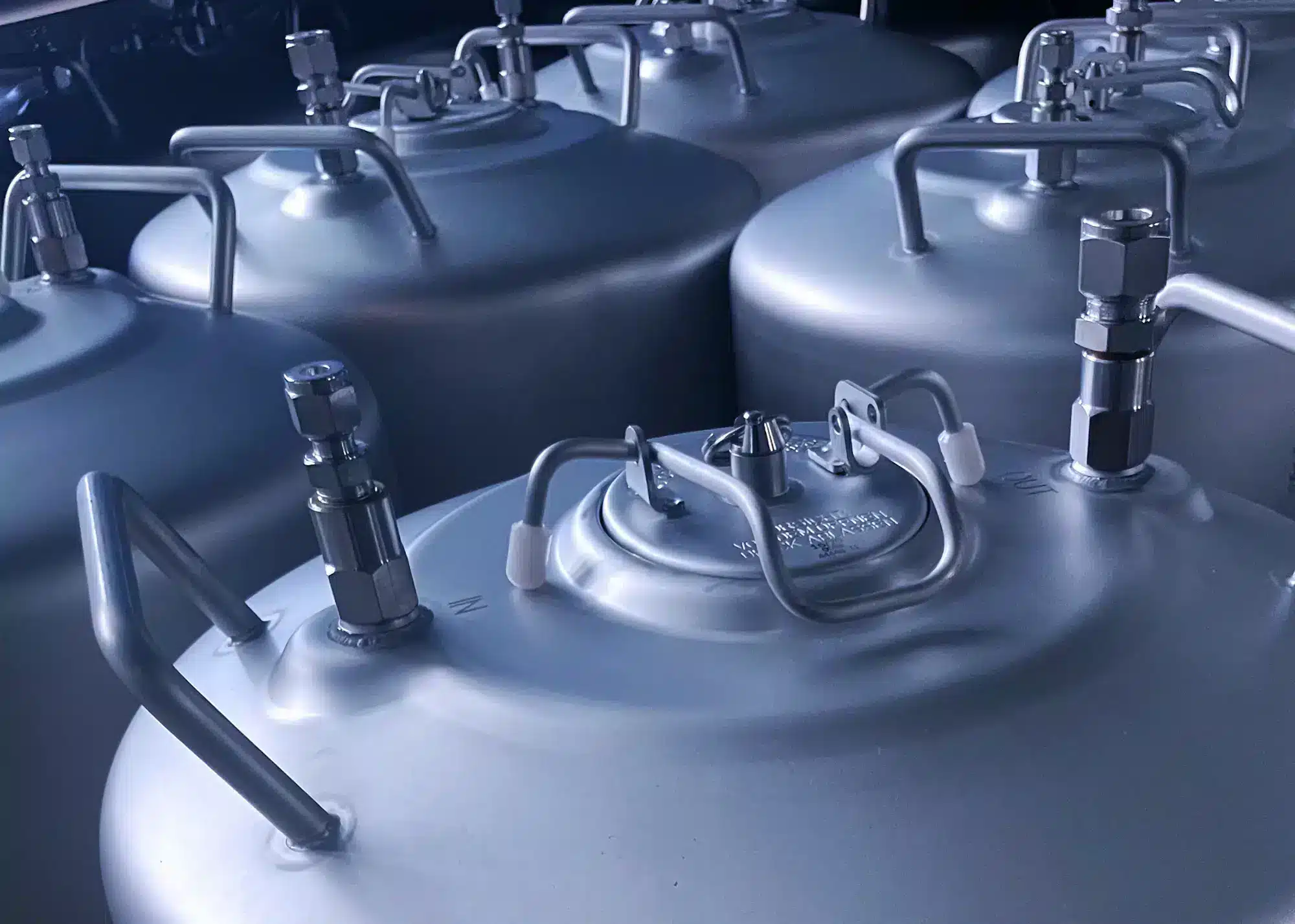
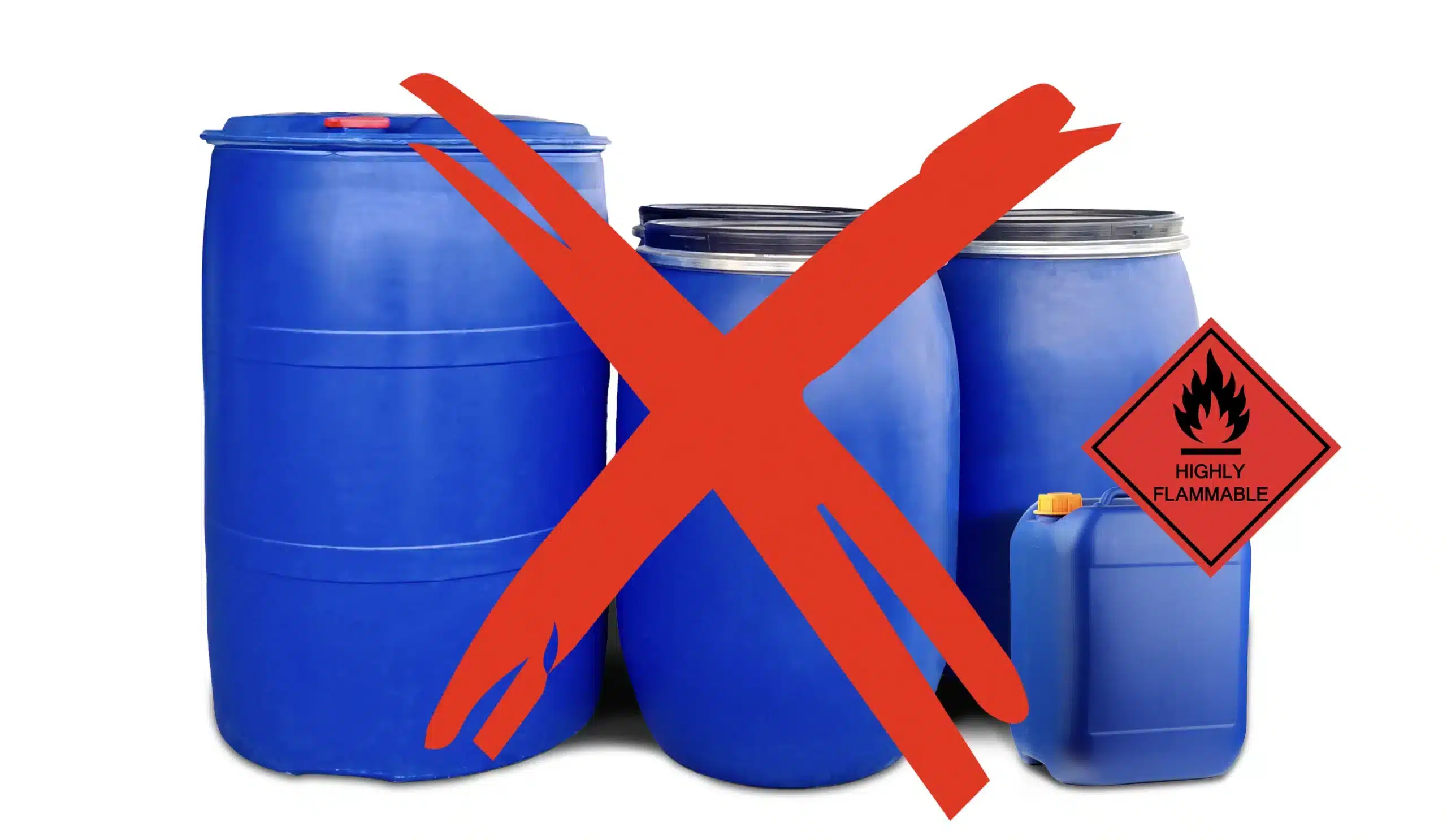

In 2026, France will enact a plastic container ban for containers between 30 and 250 liters used for the storage of flammable substances. This is in direct response to a devastating fire at a chemical plant in Rouen in 2019 and subsequent industrial disasters at German facilities in Hamburg and Sulzbach im Taunus.
These events spotlighted the inherent risks of using plastic materials for flammable substances, including their flammability, potential for melting, and the risk of leaks if damaged.
THIELMANN is on hand to provide the industry with a secure, fully compliant alternative to plastic containers.
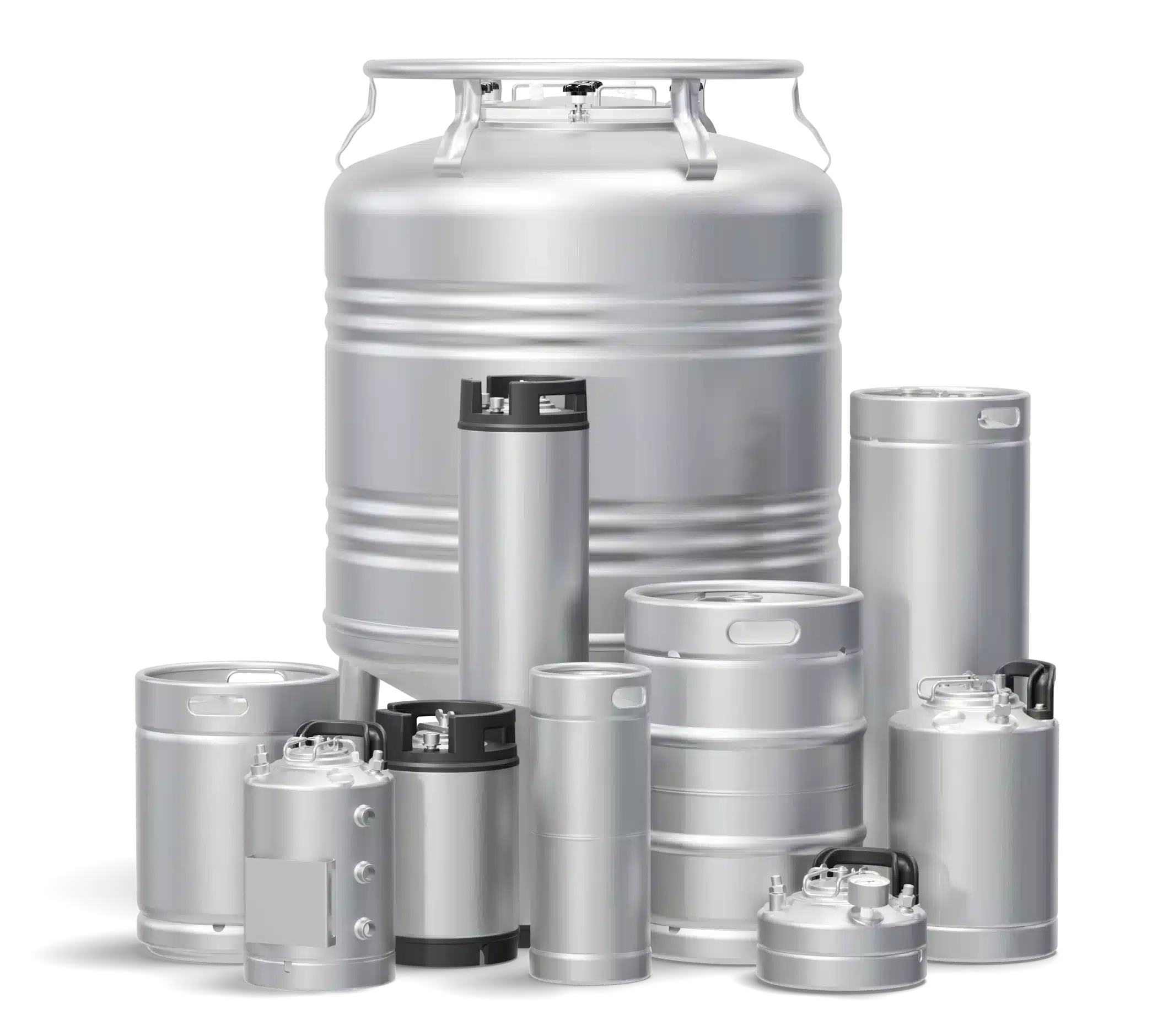

Amidst this regulatory upheaval, THIELMANN’s stainless steel containers and drums are the smart choice. Unlike temporary fixes or cumbersome steel cabinets, our high-grade AISI 304 and AISI 316L/Ti containers offer maximum security and long-term reliability.
With decades of expertise in stainless steel container manufacturing, THIELMANN provides a durable and safe solution to meet the new French regulations and safeguard your operations for years to come.
Request more information about stainless steel containers for flammable substances with no obligation.
"*" indicates required fields
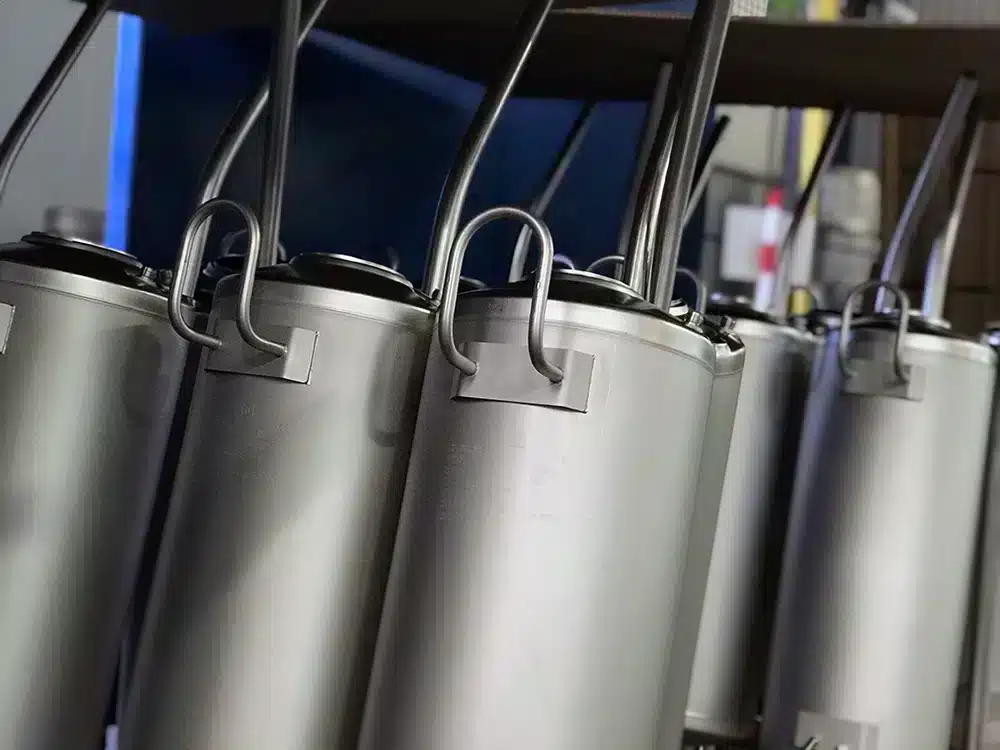
Stainless steel (AISI 304, 316L, 316Ti options) ensures exceptional longevity and a strong return on your initial investment.
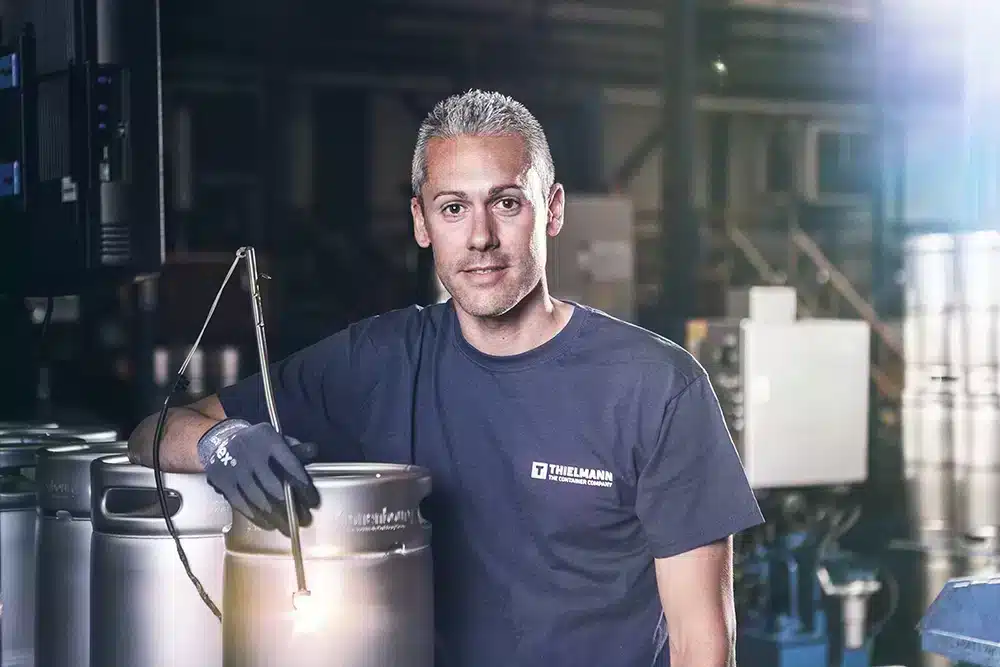
UN (ADR), DOT
ASME/CE/CRN
Assured safety and regulatory adherence.
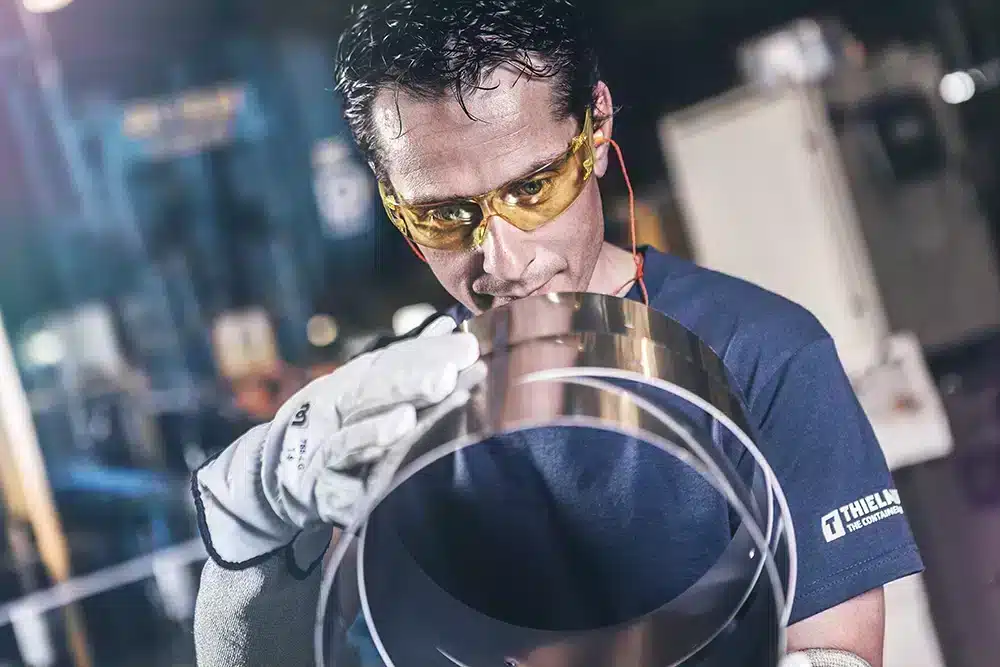
Containers from
30 to 450L

Large variety of fittings and components available, including Swagelok, Parker, Staubli, Nitto Kohki, and more.
Find answers to common questions below. If you need further assistance, feel free to reach out to us.
What types of flammable liquids are THIELMANN containers designed to store?
Are THIELMANN containers designed for both storage and transport of flammable liquids?
Beyond size and material, what other customization options are available?
How quickly can you turn around orders?
What is the typical lifespan of THIELMANN containers under normal operating conditions?
Does THIELMANN provide support services such as installation, maintenance, or training for containers?
How do THIELMANN containers contribute to sustainability or environmental safety?
Where can I get more detailed information on the new French legislation?